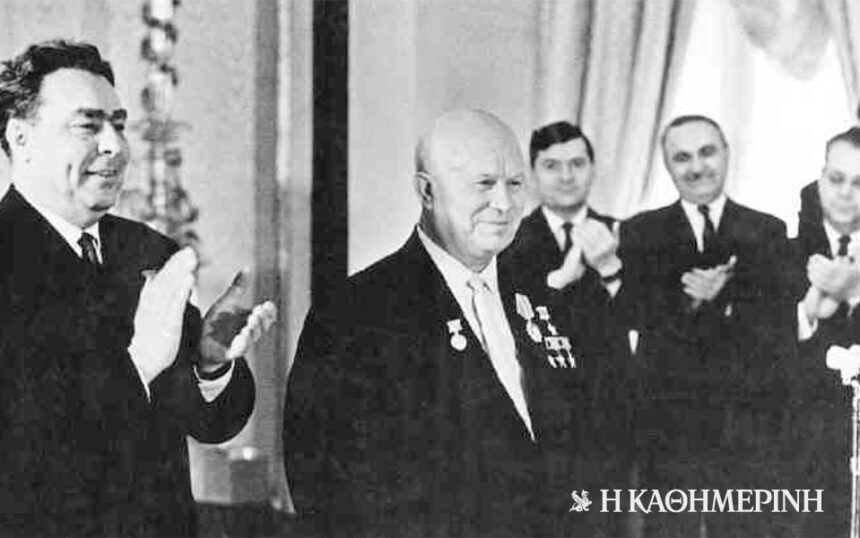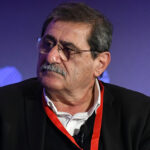“I’m old and tired. Let them fend for themselves. I did the main thing. Could one tell Stalin that he no longer suited us and suggest that he retire? Not a drop of it would have remained where he had stood. Now everything is different. The fear is gone and we can speak as equals. This is my contribution.” These words appear to have been spoken by Soviet leader Nikita Khrushchev to his associate Anastas Mikoyan after he was removed from power in mid-October 1964. It was the first peaceful change of power in the Soviet Union.
The accusations against Khrushchev were many. Those who participated in the plot to overthrow him accused him of rudeness, arrogance, megalomania, unpredictable behavior and his advanced age. By dispelling the myth of his predecessor Joseph Stalin, Khrushchev had allowed his cult of personality to develop and failed to pay due attention to his advisers. His unpredictable character scared not only the Western leaders, but also his associates in the leadership of the CPSU and the country.
Power fell to a triumvirate consisting of Leonid Brezhnev as First Secretary of the Central Committee of the CPSU, Alexei Kosygin as Prime Minister and Andrei Gromyko as Foreign Minister – a position he assumed in 1957 and held until 1985 (one hundred years earlier , the same position was held by Alexander Gorchakov from 1856 to 1882). The new leadership was at the opposite extreme from the “uncouth” Khrushchev. Brezhnev sought to consult on a matter with his colleagues, even if it was only for pretense, he was sympathetic to others, he remembered colleagues’ birthdays and the names of their spouses and children. The new leadership had the support of the party, which wished to avoid unnecessary crises with the West, without this meaning that it would not defend Soviet and communist interests on a global level.
The removal of Nikita Khrushchev from the leadership of the Soviet Union became known on October 15, 1964. “Nikita Khrushchev, the all-powerful Russian leader, has fallen today in an unexpected way, and the consequences of the change in the Russian leadership will be so serious for Eastern relations and West, as far as and above all for the restoration of the unity of the communist camp. The officially given reasons for the fall – resignations for reasons of health and age – may have some basis, but it is considered certain that his replacement in the leadership of the eastern coalition may mean a concession towards Beijing, in order to restore communist monolithicity. However, the fact that it is happening on the eve of the American elections, it is possible that the effects of the change will have a profound effect on international relations. It is noteworthy that the change in the Kremlin took place in a democratic manner by submitting the resignation of Mr. Khrushchev and electing new leaders instead of the Central Committee,” said the response of the “Daily” for October 15 from Moscow, which was published in front page of the 16her October 1964.
The interest of the West in the change of leadership in the Kremlin was intense, as it becomes clear in the publications of “Kathimerini” in the following days. “For the time being, however, the official Russian manifestations have been in the direction of the continuation of the Kremlin’s foreign policy followed until now unchanged. According to telegrams from Washington, at his request, the Russian ambassador there, Mr. Dobrynin, met with President Johnson and spoke with him for 45 minutes. After the conversation, Mr. Dobrynin stated that Russian foreign policy will remain unchanged under the new leadership of the Kremlin. Mr. Dobrynin added that this means that Mr. Khrushchev’s policy of peaceful coexistence will continue,” Kathimerini reported on its front page on the 17her October.
Leonid Brezhnev remained at the helm of the Soviet Union until his death in 1982.
Column editor: Myrto Katsigera, Vassilis Minakakis, Antigone-Despina Poimenidou, Athanasios Syroplakis




